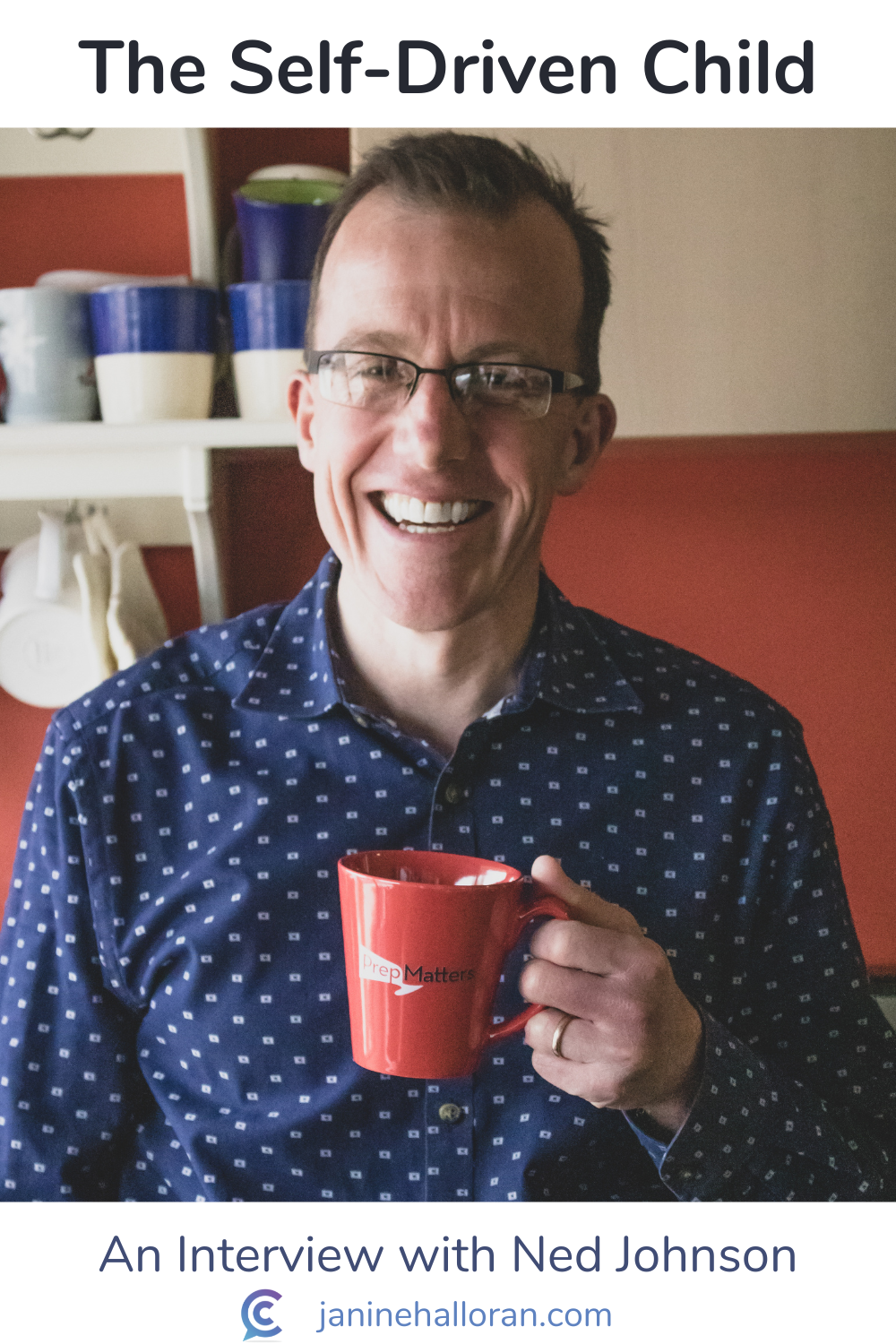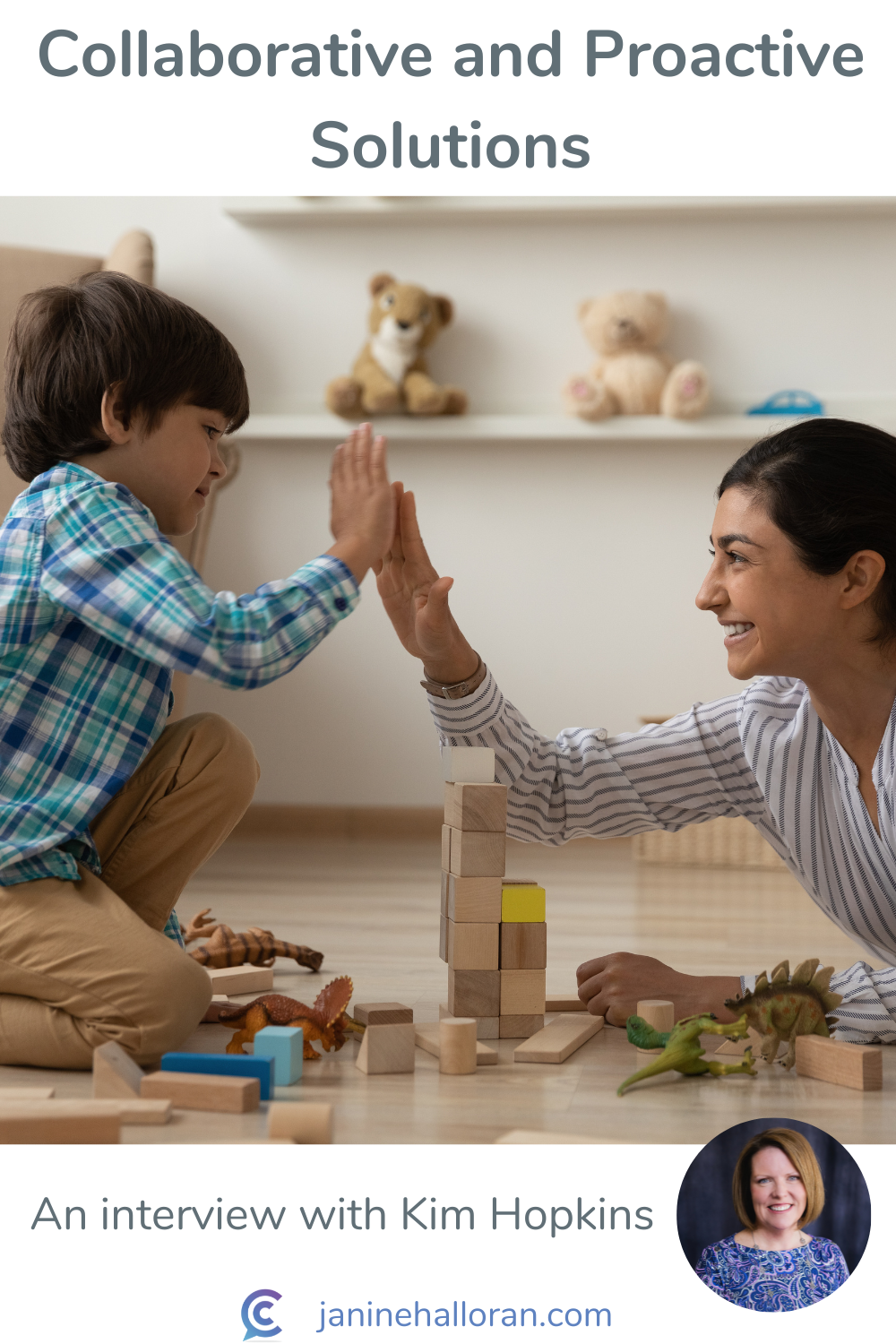Firstly I want to pre-warn you that my guest Elliot Kallen and I discuss the topic of suicide. This might be an uncomfortable topic for you or perhaps younger ears are listening so please click play with care.
Sometimes life throws us the most difficult of situations which stop us in our tracks and make us believe it’s too difficult to carry on. This was the unfortunate case for Elliot Kallen’s son and in turn for Elliot himself. But the impressive resilience of human beings allowed Elliot to carry on past his heart ache in order to help other families in similar situations so they wouldn’t have to feel the pain he went through. The strength he possesses is nothing short of amazing so I encourage you to listen to Elliot’s story and how he can help you and your child through depression.
The topics we cover in this episode are:









